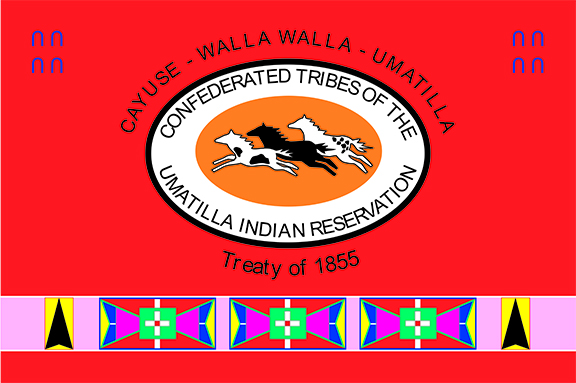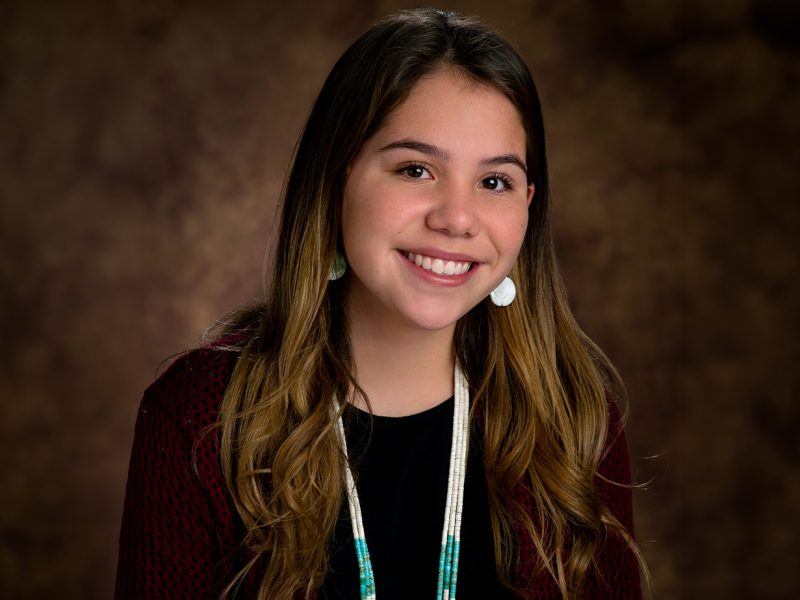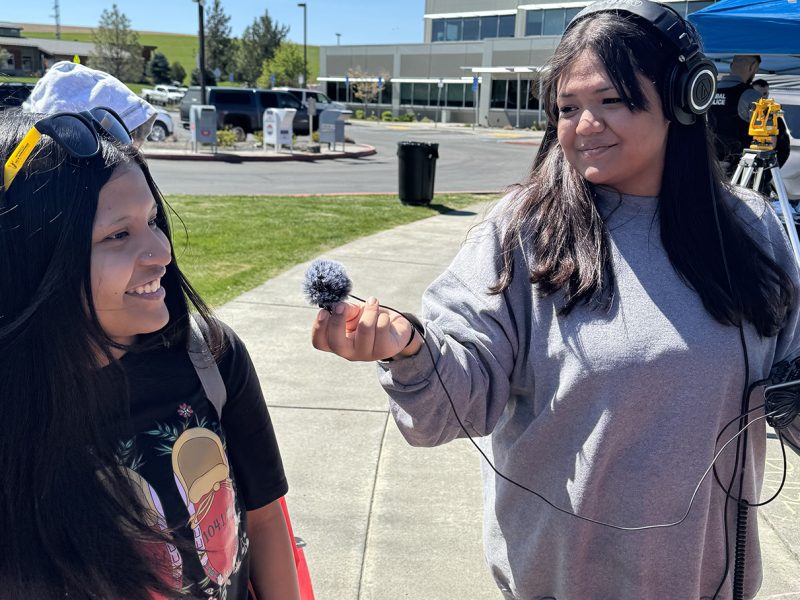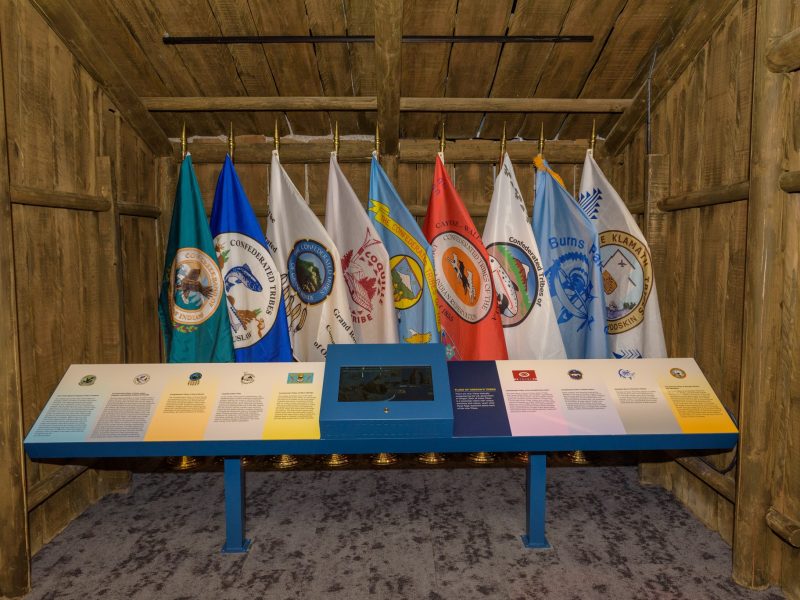By CHRIS AADLAND
Reporter
MISSION, Ore. — Tribal leaders are set to begin moving forward on potentially increasing quarterly gaming profit sharing payments to tribal members after completing an analysis on potential impacts.
In January, Confederated Tribes of the Umatilla Indian Reservation staff began reviewing the Gaming Revenue Allocation Plan and options for increasing the percentage of gaming income the tribe shares with individual members in the form of dividends, or per-capita payments, after a Board of Trustees member suggested looking into the idea, said CTUIR Executive Director Donald Sampson.
Tribal staff have settled on a recommended plan that would bump the tribal member share of dividend payments from 20 percent to up to 25 percent of net Wildhorse Resort & Casino income – which would include money from the hotel, golf course and food operations, among other sources – and not just gaming profits like the current plan. The payments would also be tax free, a major departure from the current system.
“It’s a big change,” Sampson said.
Altogether, the proposed changes outlined in the recently completed analysis would likely lead to a significant boost to tribal member dividend payments.
Meanwhile, as tribal staff were looking into the idea, the General Council approved a motion in July made by Bob Shippentower calling for an increase in dividend payments for tribal members and minors. Shippentower called for the change – increasing tribal member share of gaming profits from 20 percent to 25 percent – because the formula hasn’t changed since 2006 and the cost of living has increasingly eroded the buying power of those per-capita payments.
A Board of Trustees work session scheduled for mid-September was canceled, Sampson said, because the analysis examining potential changes to the dividend distribution plan wasn’t ready. But a work session was held Sept. 27 after the report on the topic was ready to be presented.
Tribal leaders are now set to officially decide whether to move forward with the idea.
“Now that we have the analysis, we’re ready to get it done,” Sampson said.
The first step will be updating the General Council on the findings of the analysis and seeking input on the current proposal at its Oct. 19 meeting. Sampson then said he hopes to present a proposal for the Board to consider in November.
The proposal being pushed by tribal staff would mean that the dividend payments would be tax-free, which would lead to significantly larger payments for most, in addition to the extra five percent of Wildhorse profits.
The tribe’s analysis also recommended changes that will exempt payments to minors from taxes and provide more flexibility to parents and guardians in spending some of that money.
Federal law requires BIA approval of an allocation plan for any tribal gaming dividend payments to individual members. Changes to those plans must also be approved by the agency, but Sampson said they don’t anticipate the government to take long to approve the updated plan.
To qualify for tax-free dividend payments under the new approach, tribal members would have to fill out a simple one-page form that asks for confirmation – and no other evidence, like receipts – that the money was spent on allowable purchases, a long list of which is included on another page with the form.
It shouldn’t be too difficult to find ways to spend the money, Sampson said, because many of the allowed uses for the payments are for “normal day-to-day living expenses.”
Sampson said he realizes “there might be some grumbling” about having to fill out a form and attest that the dividend money is spent on an allowable expense but said tribal members could also choose to forfeit the tax savings by not completing the form and then completing a Form 1099 when filing their taxes to calculate what they owe.
The extra paperwork requirement would be relatively painless for tribal members and only seen by the tribe and used to share general information with the federal government confirming that the money is being spent correctly as a whole, he said.
If approved, the CTUIR would be one of the first tribes, perhaps among as few as just four or five, to have successfully implemented similar revenue distribution plans, according to Sampson.
The new dividend formula, if approved by the BOT and federal government, would likely be in place to roll out for the start of 2024, he said.
“We’re acting as a sovereign government using the federal codes that we can use, and it’s working elsewhere,” Sampson said.



